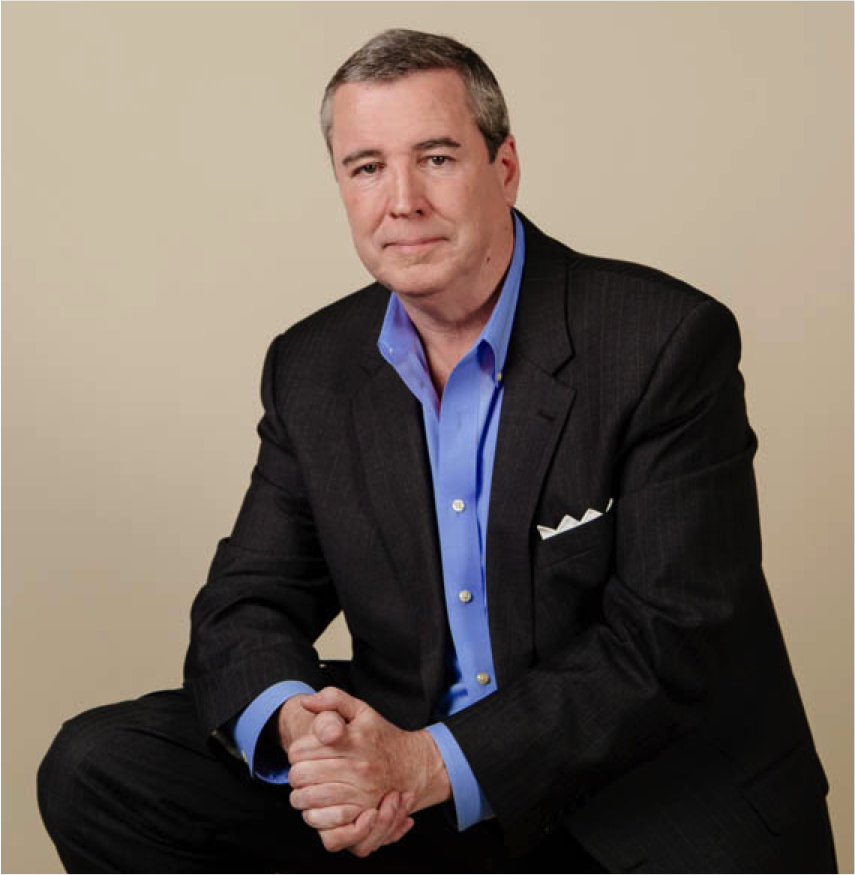“The real healing was achieved when I started to sincerely believe I’m not responsible for what happened to me.”
When Keith Smith was 14 years old, he was abducted, beaten and raped by a stranger in the woods in his hometown. He reported the assault to the police, and the perpetrator was arrested. Keith testified in front of a grand jury and the perpetrator was indicted—but the the man responsible never stood trial. Before the trial date, the perpetrator was beaten to death by unknown assailants.

The experience haunted Keith, and he remained silent about the assault for the next 35 years. “I was afraid of what people would think. I was ashamed that a man sexually assaulted me…that I didn't fight hard enough.” Men and boys may experience the same effects of sexual assault as other survivors, and they can experience additional challenges due to social norms about masculinity.
Keith also felt pressure to keep his story a secret to eliminate the possibility that his “protectors,” the unnamed people who murdered the perpetrator, would be arrested. “My brothers, sisters, aunts, uncles, cousins, friends, teachers, coaches, professors, priests, doctors and colleagues were unaware. My mother didn't fully understand what happened, and my daughters knew nothing. No one knew. It was my secret. My choice.”